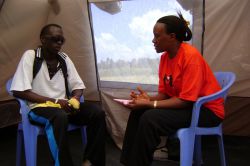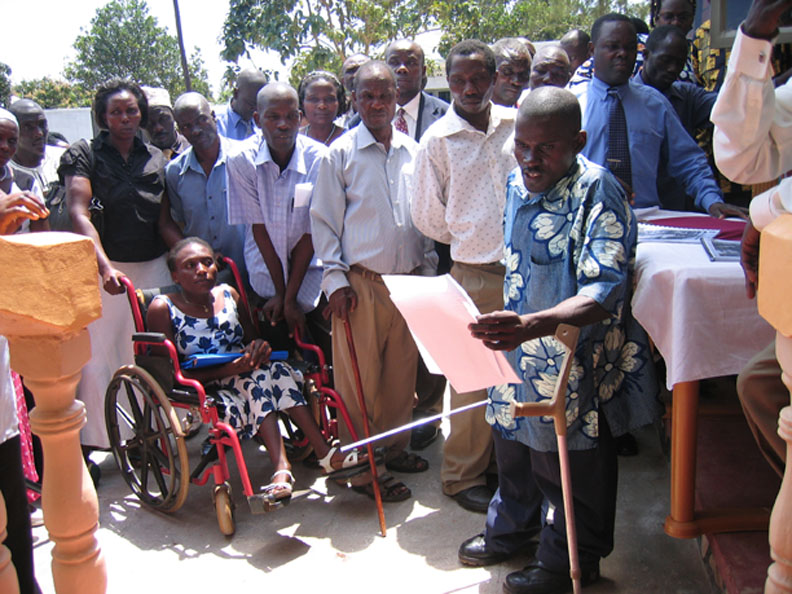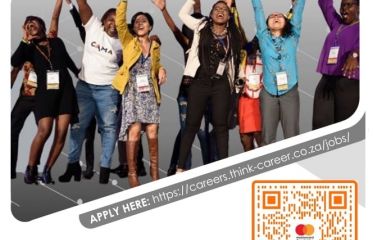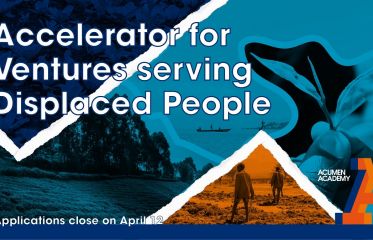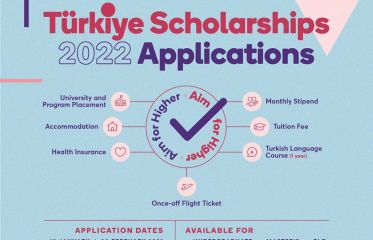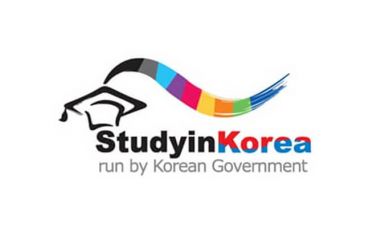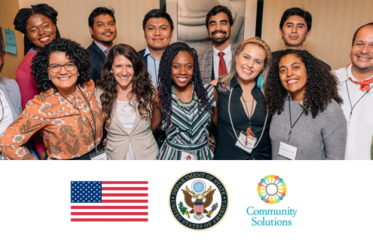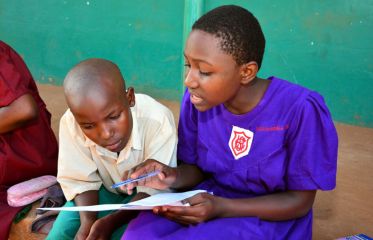Breaking News
- Flexible Remote Work Opportunity for University Students: Earn $100–$250 Per Month ...Read More
- Ministry of Education and Sports Azerbaijan Government Scholarships For 2025-2026 Academic Year ...Read More
- Government Sponsorship Undergraduate Admission Lists 2025-26 for Makerere University ...Read More
- Ministry of Education And Sports: Egyptian Government Scholarships 2025-2026 Academic Year ...Read More
- Ground Breaker Full Scholarship for girls to study Software Engineering 2025 July Intake ...Read More
- Tony Elumelu Foundation Entrepreneurship Programme (TEEP) 2025 for young African Entrepreneurs ...Read More
- DESIGNING FUTURES 2050 International Design Competition 2025 (€15,000 prize) ...Read More
- Ground Breaker Full time Scholarship for girls to study Software Engineering 2025 Intake ...Read More
- Ministry of Education And Sports Algerian Vocational Training Scholarships for 2024-2025 AY ...Read More
- Ministry of Education and Sports Advert for the Algerian Government Scholarships for 2024-2025 ...Read More
Rehabiliitation Counsellor
Counsel individuals to maximize the independence and employ-ability of persons coping with personal, social, and vocational difficulties that result from birth defects, illness, disease, accidents, or the stress of daily life. Coordinate activities for residents of care and treatment facilities. Assess client needs and design and implement rehabilitation programs that may include personal and vocational counseling, training, and job placement.
Add to FavouritesDaily Tasks
1. Prepare and maintain records and case files, including documentation such as clients' personal and eligibility information, services provided, narratives of client contacts, and relevant correspondence.
2. Develop rehabilitation plans that fit clients' aptitudes, education levels, physical abilities, and career goals.
3. Monitor and record clients' progress to ensure that goals and objectives are met.
4. Confer with clients to discuss their options and goals so that rehabilitation programs and plans for accessing needed services can be developed.
5. Maintain close contact with clients during job training and placements to resolve problems and evaluate placement adequacy.
6. Confer with physicians, psychologists, occupational therapists, and other professionals to develop and implement client rehabilitation programs.
7. Arrange for physical, mental, academic, vocational, and other evaluations to obtain information for assessing clients' needs and developing rehabilitation plans.
8. Analyze information from interviews, educational and medical records, consultation with other professionals, and diagnostic evaluations to assess clients' abilities, needs, and eligibility for services.
9. Develop and maintain relationships with community referral sources, such as schools and community groups.
10. Locate barriers to client employment, such as inaccessible work sites, inflexible schedules, and transportation problems, and work with clients to develop strategies for overcoming these barriers.
11. Develop diagnostic procedures to determine clients' needs.
12. Collaborate with clients' families to implement rehabilitation plans such as behavioral, residential, social, and employment goals.
13. Participate in job development and placement programs, contacting prospective employers, placing clients in jobs, and evaluating the success of placements.
14. Arrange for on-site job coaching or assistive devices, such as specially equipped wheelchairs, to help clients adapt to work or school environments.
15. Manage budgets and direct case service allocations, authorizing expenditures and payments.
16. Collaborate with community agencies to establish facilities and programs for persons with disabilities.
Key Knowledge Areas
Therapy and Counseling — Knowledge of principles, methods, and procedures for diagnosis, treatment, and rehabilitation of physical and mental dysfunctions, and for career counseling and guidance.
Customer and Personal Service — Knowledge of principles and processes for providing customer and personal services. This includes customer needs assessment, meeting quality standards for services, and evaluation of customer satisfaction.
Psychology — Knowledge of human behavior and performance; individual differences in ability, personality, and interests; learning and motivation; psychological research methods; and the assessment and treatment of behavioral and affective disorders.
Education and Training — Knowledge of principles and methods for curriculum and training design, teaching and instruction for individuals and groups, and the measurement of training effects.
English Language — Knowledge of the structure and content of the English language including the meaning and spelling of words, rules of composition, and grammar.
Clerical — Knowledge of administrative and clerical procedures and systems such as word processing, managing files and records, stenography and transcription, designing forms, and other office procedures and terminology.
Administration and Management — Knowledge of business and management principles involved in strategic planning, resource allocation, human resources modeling, leadership technique, production methods, and coordination of people and resources.
Sociology and Anthropology — Knowledge of group behavior and dynamics, societal trends and influences, human migrations, ethnicity, cultures and their history and origins.
Computers and Electronics — Knowledge of circuit boards, processors, chips, electronic equipment, and computer hardware and software, including applications and programming.
Key Skills
Active Listening — Giving full attention to what other people are saying, taking time to understand the points being made, asking questions as appropriate, and not interrupting at inappropriate times.
Social Perceptiveness — Being aware of others' reactions and understanding why they react as they do.
Monitoring — Monitoring/Assessing performance of yourself, other individuals, or organizations to make improvements or take corrective action.
Speaking — Talking to others to convey information effectively.
Critical Thinking — Using logic and reasoning to identify the strengths and weaknesses of alternative solutions, conclusions or approaches to problems.
Coordination — Adjusting actions in relation to others' actions.
Service Orientation — Actively looking for ways to help people.
Writing — Communicating effectively in writing as appropriate for the needs of the audience.
Reading Comprehension — Understanding written sentences and paragraphs in work related documents.
Time Management — Managing one's own time and the time of others.
Judgment and Decision Making — Considering the relative costs and benefits of potential actions to choose the most appropriate one.
Negotiation — Bringing others together and trying to reconcile differences.
Systems Analysis — Determining how a system should work and how changes in conditions, operations, and the environment will affect outcomes.
Complex Problem Solving — Identifying complex problems and reviewing related information to develop and evaluate options and implement solutions.
Persuasion — Persuading others to change their minds or behavior.
Instructing — Teaching others how to do something.
Operations Analysis — Analyzing needs and product requirements to create a design.
Systems Evaluation — Identifying measures or indicators of system performance and the actions needed to improve or correct performance, relative to the goals of the system.
Active Learning — Understanding the implications of new information for both current and future problem-solving and decision-making.
Learning Strategies — Selecting and using training/instructional methods and procedures appropriate for the situation when learning or teaching new things.










